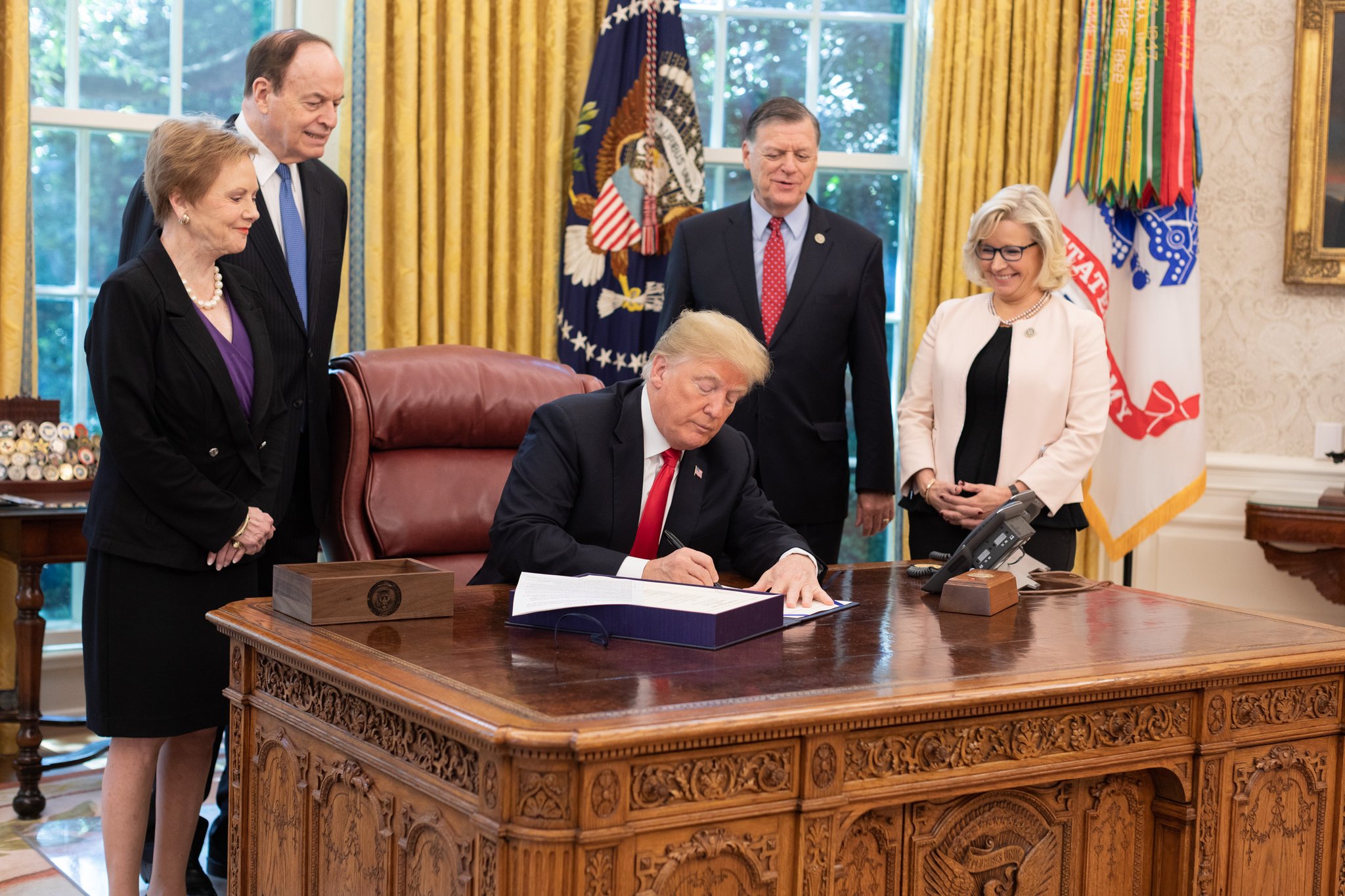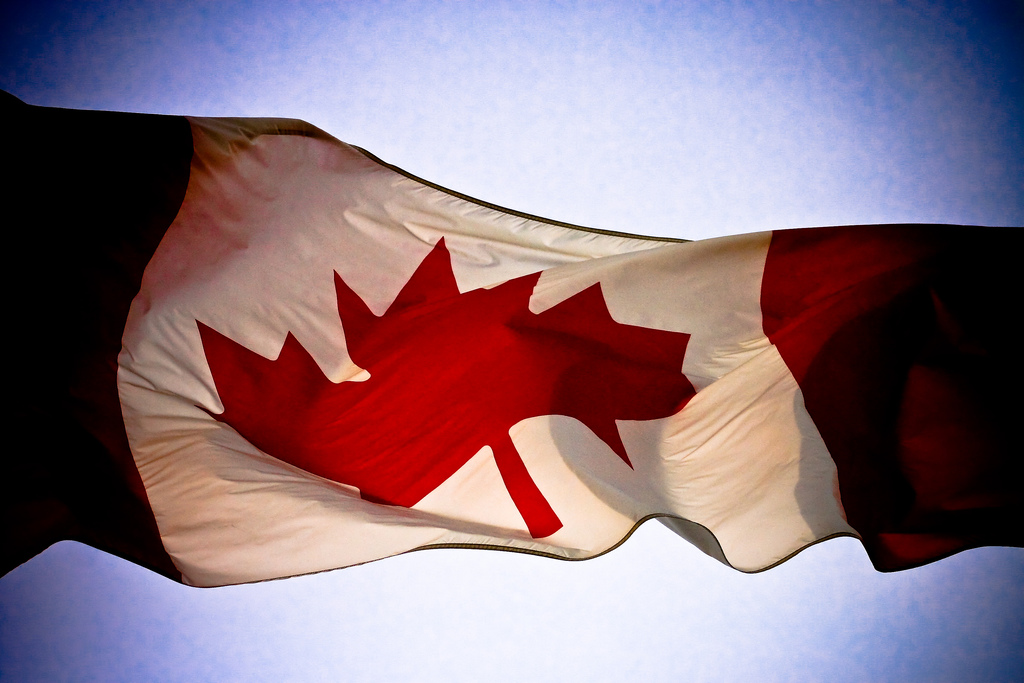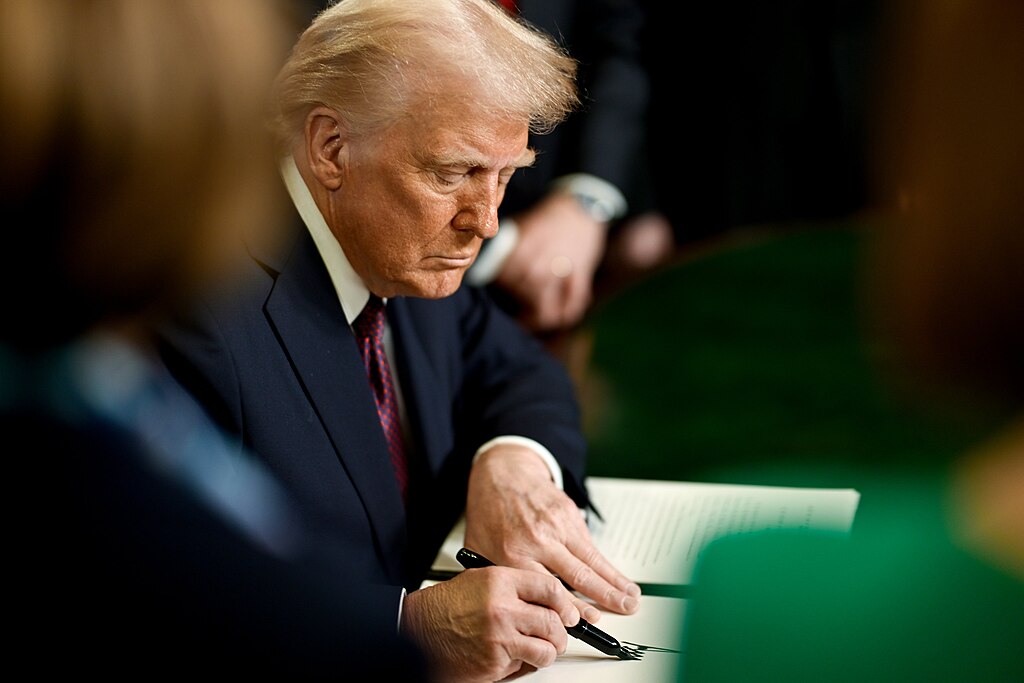Trump Reveals Plan To Drop WHO On Day One

On day one of his new administration, President-elect Donald Trump is expected to announce the United States’ formal withdrawal from the World Health Organization (WHO), according to reports from the Financial Times. The move would mark a swift and decisive reversal of the Biden administration’s efforts to re-engage with the Geneva-based health body.
The United States has been the WHO’s largest donor, contributing roughly 16% of the organization’s budget, amounting to billions in taxpayer dollars each year. However, this significant financial commitment has been a point of contention for many conservatives, who argue that the U.S. is essentially funding an institution that undermines American interests and is too influenced by foreign powers, particularly China.
Despite the Trump administration initiating the process in his first term, it was never fully completed. Joe Biden reversed the decision and rejoined the WHO on his first day in office. But now, with Trump poised to return to office, reports suggest that he will take immediate steps to reverse Biden’s re-engagement, including a full withdrawal from the organization on January 20, the day of his inauguration.
Ashish Jha, former White House coronavirus response coordinator under Biden and current dean of Brown University’s School of Public Health, speculated the Financial Times that the move is also motivated by a desire to counter Biden’s own symbolic gesture on his inauguration day. “There are lots of people who are going to be part of the inner circle of the administration who do not trust the WHO and want to symbolically show on day one that they are out,” Jha said.
Trump’s decision to exit the WHO on day one would also serve to remind the world of his administration’s skepticism towards global organizations that, in his view, have often acted in ways that undermine U.S. sovereignty. In his first term, Trump’s criticism of the WHO was tied to broader concerns about globalism, particularly when it came to international institutions that, in his view, imposed unfair rules and policies on the United States.
One of Trump’s most vocal criticisms of the WHO was its apparent deference to China, particularly in the early stages of the COVID-19 pandemic. Trump argued that the WHO consistently sided with the Chinese government and failed to hold it accountable for its mishandling of the outbreak.
In April 2020, Trump said of the organization: “They seem to be very China-centric, and they seem to err always on the side of China.” His concerns centered on the WHO’s failure to investigate early reports from doctors in Wuhan about the potential human-to-human transmission of the virus and its initial refusal to declare the outbreak a global health emergency.
For many conservatives, the WHO’s cozy relationship with China—despite overwhelming evidence that the Chinese government had been slow to respond to the early stages of the virus—was a clear indication that the organization could not be trusted to operate in the best interests of the global community.




